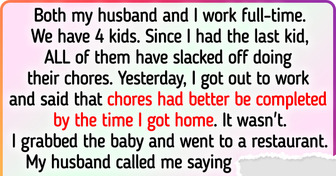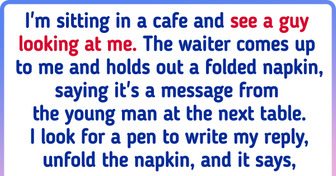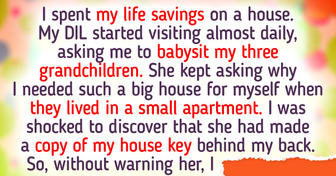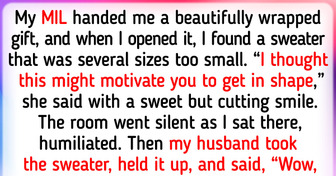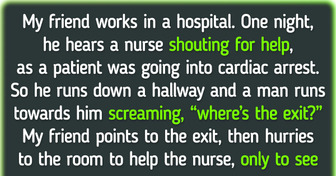10 Strangers Unburdened Themselves by Sharing Their Unspoken Secrets Online

All of us have probably experienced situations where we’ve entered a grocery store to buy bread and left with bags full of different foods. And we’re lucky if bread was among those foods, otherwise, we had to go back to the store again. Why does this happen?
At Bright Side, we’ve put together major examples of people buying things different from what they intended to buy as well as methods on how to prevent this kind of behavior.
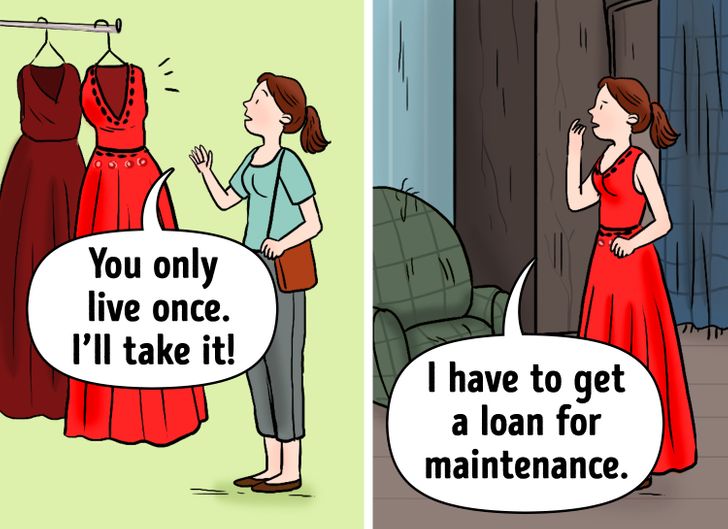
Diderot effect is the term for when you buy something new, but then it makes your other possessions look worn out by comparison, so you end up replacing them too. This is a never-ending process because every new thing will soon turn into an old one and will require a replacement again.
This effect was named after the French philosopher Denis Diderot. He was never rich but he once received a big amount of money and bought a gorgeous scarlet dressing gown. This item of clothing was so different from his other clothes that it forced him to replace all his old clothes with new ones.
How can you fight this?
Before you make a purchase, try to understand whether you connect any hopes and expectations to it. For example, do you want to buy a smartphone to always be connected and to do more work, or because you dream of getting a promotion and earning more money? Wouldn’t it be more effective to reconsider your attitude toward your work?
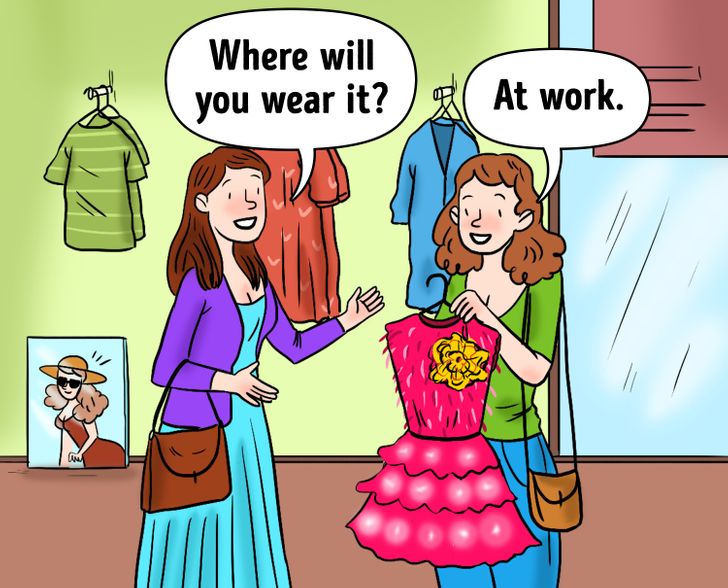
When you buy things that others don’t in order to stand out, this type of behavior is called the snob effect. Many people like to be the center of attention and a new item of clothing is one of the best ways to get into the limelight.
How can you fight this?
Make a list of topics you’re good at and things you’re proud of. The list won’t be short, don’t worry. Items of clothing are not the only way to attract attention. It can also be an interesting chat or your positive and pleasant personality.
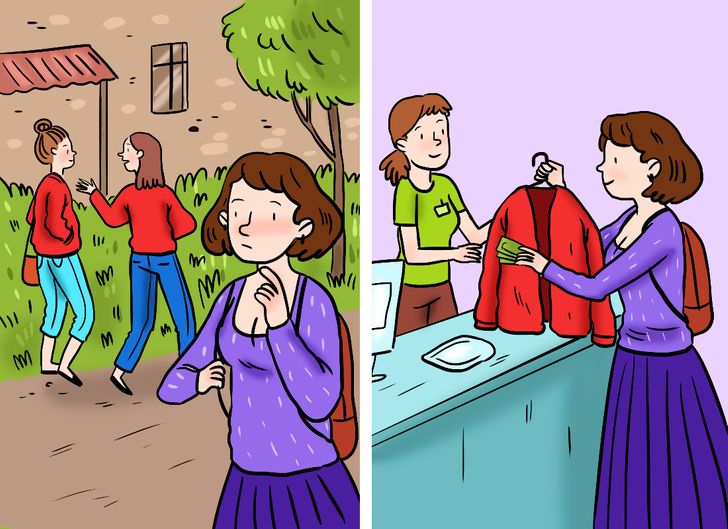
This effect is the exact opposite of the snob effect. It happens when a person buys an item because it’s fashionable and everyone else has it. This item may not suit you or your lifestyle but you still purchase it to be on trend.
How can you fight this?
Before you make a purchase, ask yourself, “Why do I want to buy it?” Perhaps you really like this thing and you need it. Or maybe you’ve just fallen under the influence of other people.
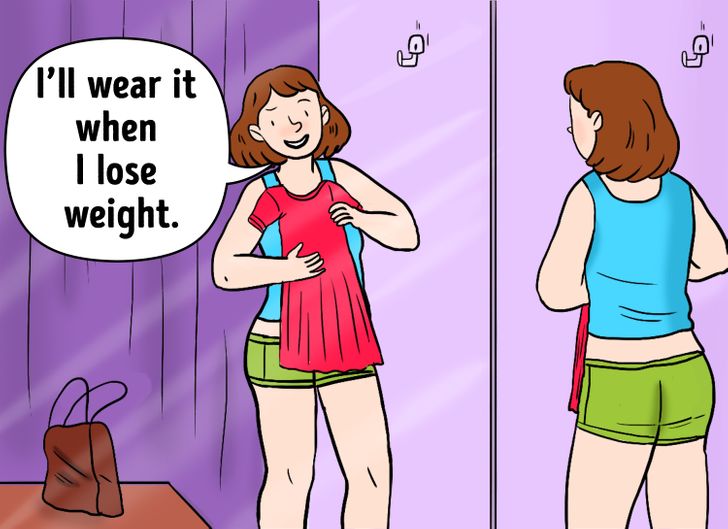
People like to stay positive. That’s why we sometimes buy items of clothing for the future, like a skirt that is 2 sizes smaller because we think it will motivate us to lose weight, or a pair of shoes for our dream date when we don’t even have a significant other.
How can you fight this?
Remember that the purchase of another item of clothing won’t make you slimmer, smarter, or more attractive. You need to work on yourself to achieve this. No expensive or fashionable items will bring you closer to your happy future you anticipate so much.
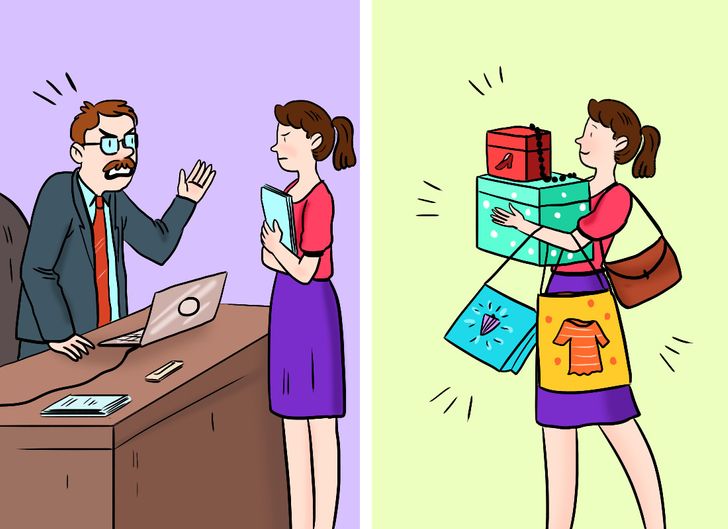
You had a bad day and decided to drop into your favorite shop, or you end up buying something because you earned a small bonus at work. But the happiness from such a purchase will pass really fast while the item you bought will be forgotten or will even make you upset because you spent so much money on it.
How can you fight this?
Impulse buying is a consequence of a lack of positive emotions. Try to find an activity that will help you fight your bad mood, weariness, and stress.
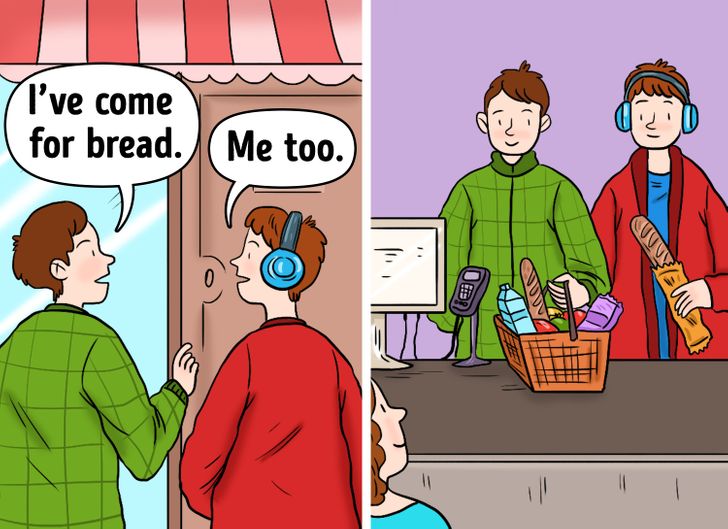
Pleasant music, warm colors, and homey smells — all of these affect us when we enter a store though we may not even suspect it. It’s warm and comfortable inside and its windows are usually covered. We relax, forget about time, and start buying.
How can you fight this?
Go shopping when you aren’t hungry and wear earphones with music playing. That’s the best way to stay away from marketing tricks.
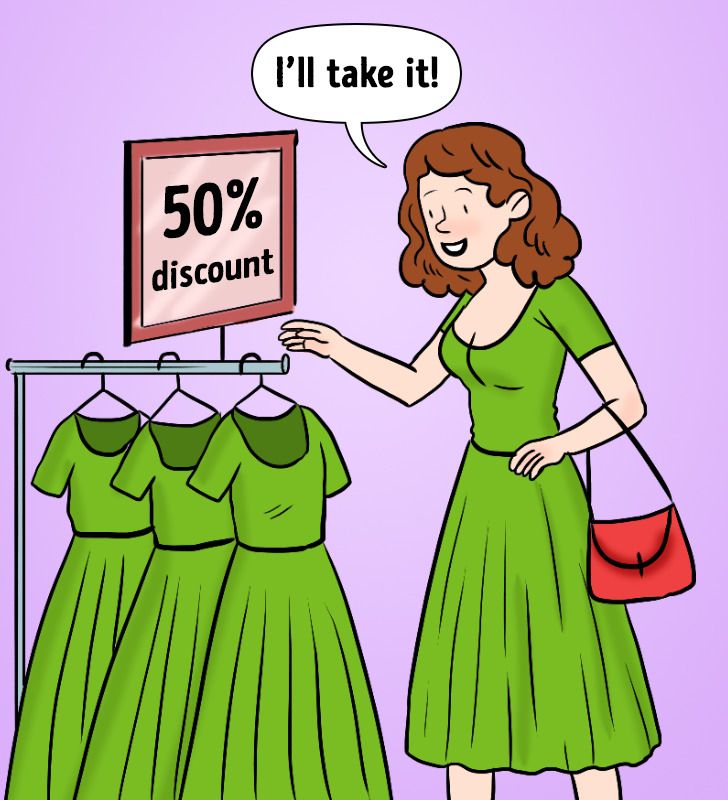
This is one of the most common reasons people buy things they don’t need. Stores offer us 3 items for the price of 2, or a 50% discount that’s only valid during one day. It seems to be quite beneficial so we end up buying things we don’t really need.
How can you fight this?
Limit the space you keep your things in — allocate a special closet for all of them and make sure it isn’t jam-packed.
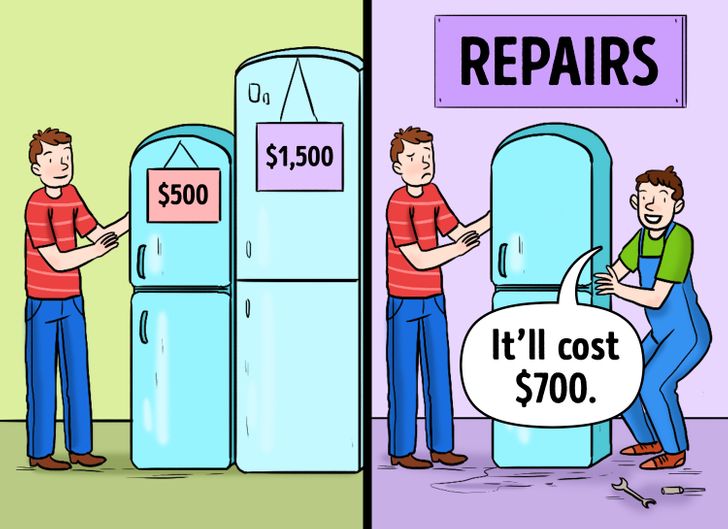
In order to save some money, we may buy cheaper analogs of the goods we really need. But this benefit is sometimes illusory. Good jeans can serve us for many years while cheap ones will wear and tear quite soon, and we’ll have to buy a new pair.
How can you fight this?
There is a saying, “buy nice or buy twice.” By saving money now, you may spend much more on repairs and replacements in the future. When buying something, pay attention to its quality instead of the price tag.
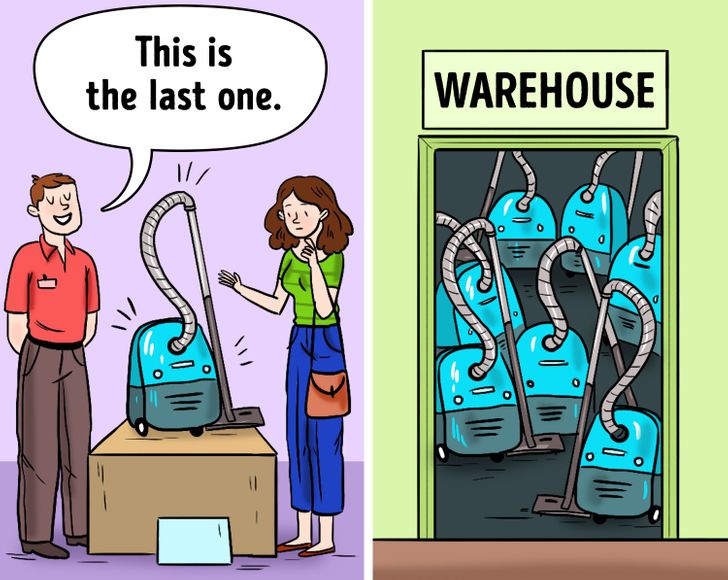
Many shop assistants know how to win our trust. They may confide in you that one item is not really good while the other one is “so much better”. Shop assistants know the quality of all their goods and they’ll definitely find something you’ve dreamt about, even if you buy 10 T-shirts instead of the one you actually planned to buy.
How can you fight this?
Always keep in mind what you intend to buy. Search information about the good you’re looking for online in advance in order to ask fewer questions. Shop assistants first turn to those customers who can’t decide which item to buy — these people are easier to convince to make a purchase. Another solution is to go shopping with friends since it will be more difficult to influence the opinions of all of you.
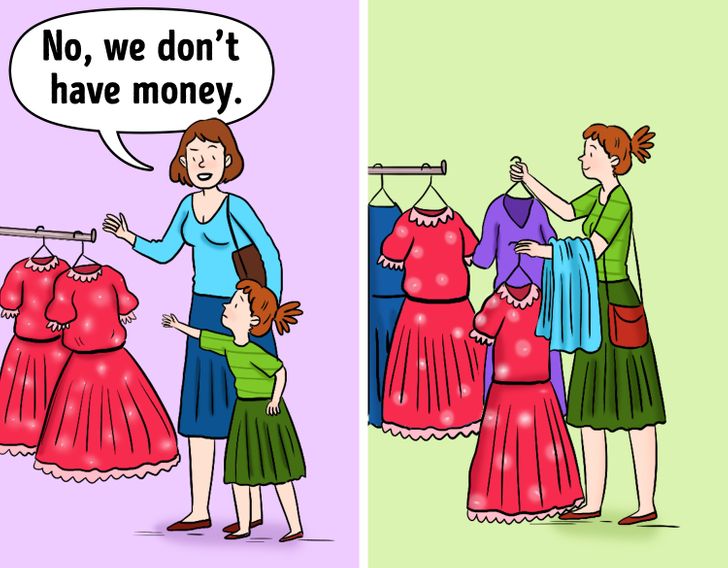
We may often worry for a reason or without one, that’s how our mind works. When you pass a good you didn’t plan on buying, you may think that the next time you may not have enough money for this purchase, so eventually, you’ll make the decision to buy it. The other reason can be if your parents used to say “no” to you a lot when you were a child.
How can you fight it?
Imagine that you need to move to another country. What things would you take? Not so many, right? These are the things you really need, the rest is unnecessary. You’re better off spending your money on travel or interesting events which will bring you much wider and brighter emotions.
We at Bright Side believe in moderation and hope that next time you’ll want to buy something unnecessary, you’ll remember this article and pass right by it.
By the way, even Diderot himself eventually realized what trap he had gotten himself into. In his essay, Regrets on Parting with My Old Dressing Gown he wrote, “Beware of the contamination of sudden wealth. The poor man may take his ease without thinking of appearances, but the rich man is always under a strain.”
Which of these situations did you find relevant to you? How do you usually fight them? Tell us in the comments below.






